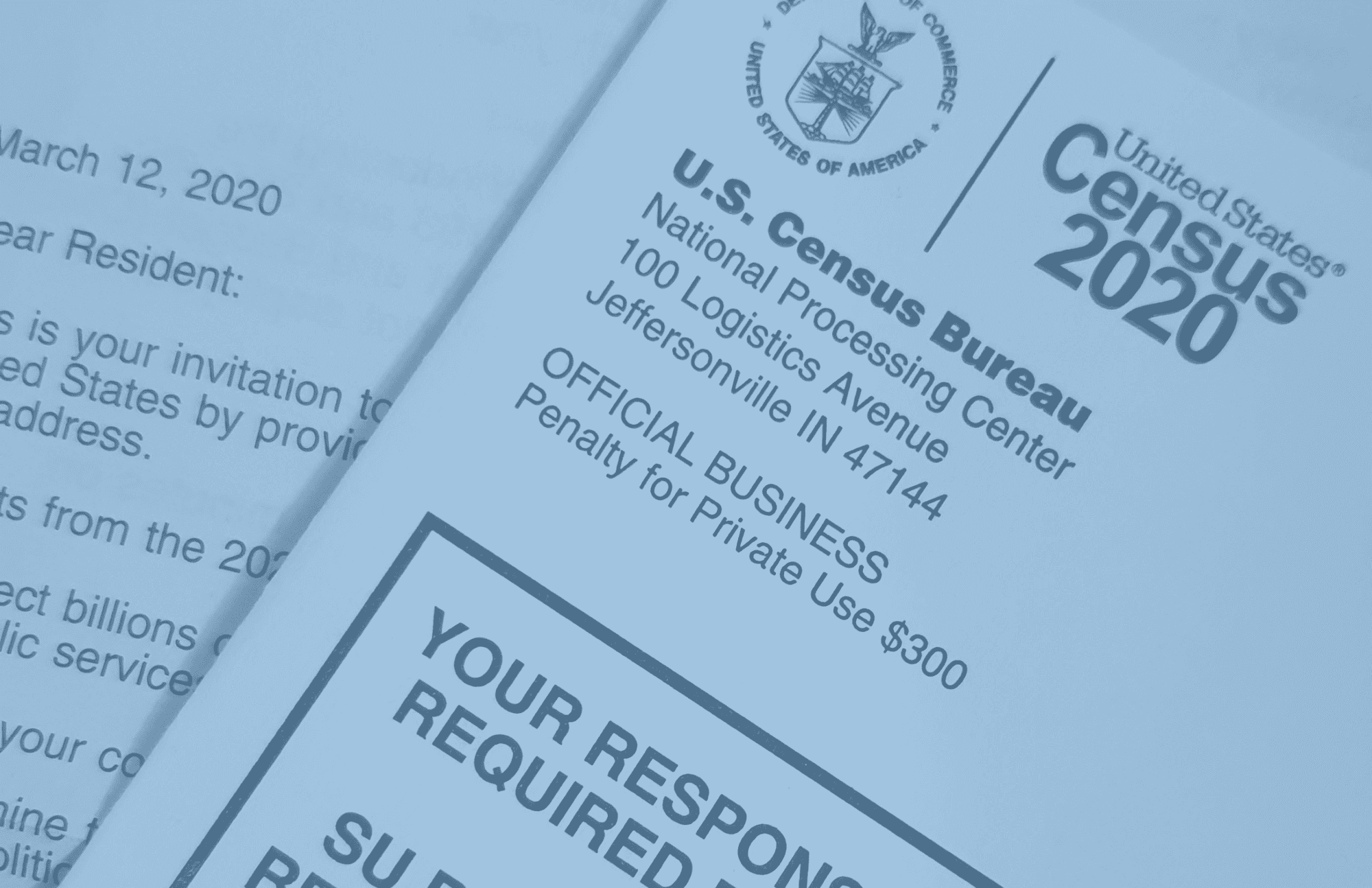Digital Census Project

Amid the COVID-19 pandemic, our democratic institutions have never been more important, or more vulnerable. The United States Census — a hallmark of democratic operations since 1790 — is no exception. The Census provides our nation’s foundational dataset, the basis upon which so much other data is based, such as congressional apportionment and the distribution of federal funding. It is used in research, algorithms, journalism, business, and infrastructure planning among other things. The Census creates the reality upon which our institutions, our lives, and our futures are built. It is the people’s data: a shared public asset that is becoming increasingly important in a data-driven world.
It is in this context that, for the first time in 2020, millions of U.S. residents will use their phones, computers, tablets, and laptops to respond to the constitutionally mandated survey while hundreds of thousands of federal workers will use handheld electronic devices to conduct the decennial count in real time.
As such, the Beeck Center’s Digital Census Project aimed to help prepare the U.S. for this new reality by calling on leading digital platforms, civil society, media outlets, and local governments to develop and deploy new strategies..
Our nation’s first “digital” census presents myriad opportunities for a truly participatory count, but a confluence of new issues threatens to undermine its integrity. As our country gears up to embark on this national modernization effort of enormous consequence—our nation’s largest non-wartime effort—we need new strategies and tactics to navigate our politically charged, digital world.
Project Updates
Project Reports & Resources
AI-Powered Rules as Code: Experiments with Public Benefits Policy
Mar. 27, 2025